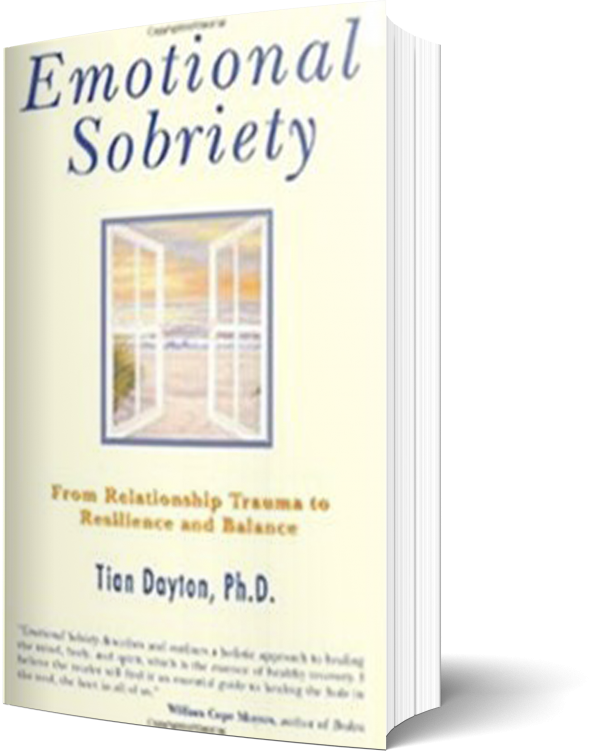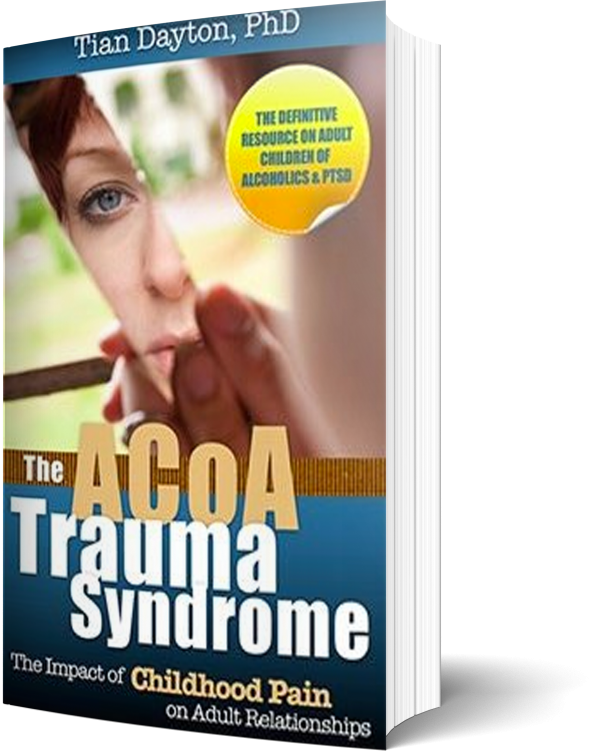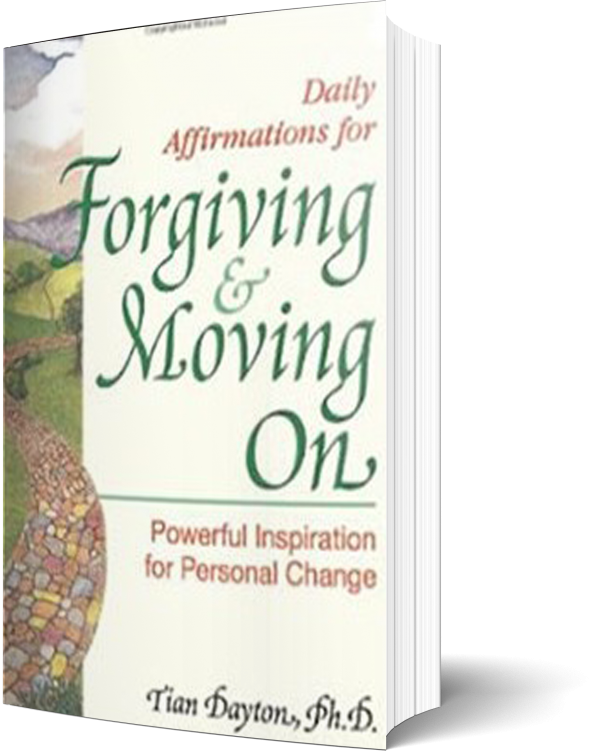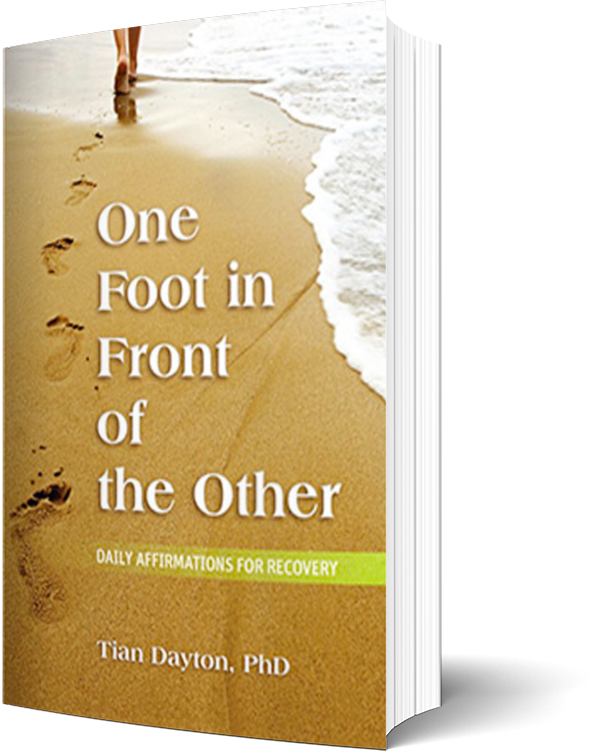Talking about someone “drowning their troubles” with alcohol has been around for ages, but the idea of feeding feelings instead of experiencing them, of using food to deaden stressed out or uncomfortable emotions, in much the same way as an alcoholic might use liquor, is still gaining acceptance.
Are our stressful, hi speed, sometimes emotionally disconnected lifestyles creating a deregulation in our bodies, more particularly in our limbic systems, that’s throwing our emotions out of whack? And if so how does this happen?
The limbic system, an ancient part of any human, reptile or mammal, is where we process emotions. The limbic system also governs our appetite, libido, sleep cycles and bonding. If the limbic system gets thrown out of balance through too much stress, it can make regulating our appetites and our moods more difficult.
No Where to Run to – No Where to Hide
When we’re in a painful or irritating situation that we feel we have no control over and can’t get away from……. whether it be a lousy work environment, a pain filled home or a bad marriage, it can cause us a lot of stress which over time becomes cumulative. Our fight flight apparatus (which is part of our limbic system) becomes constantly revved up for defensive action, for fleeing for safety or fighting. But because we can do neither, or at lease we feel we can do neither, we have no way to “work it off”….that is… to shake, run, hit or yell away those extra stress chemicals that are boiling up inside of us. The stress becomes cumulative making us feel stressed out, tired, foggy, anxious, crabby or even depressed. When our limbic kick switch gets stuck on that defensive position of fight/flight, stuck on “on,” or “hi” we lose some of our capacity to self-regulate, to dial into “medium” or “lo”. When we lose the capacity to “regulate” our uncomfortable emotions ourselves, when too much uncontrollable stress makes it hard for us to find our own balance after an upset, we may turn to something outside of ourselves to sooth our frayed feelings. It’s natural. Sitting down to a yummy sweet along with a cup of tea or coffee is an age old way of self soothing. And a perfectly harmless one if done in moderation. However, when eating becomes what we do to calm down when we’re stressed or feel better when we’re feeling down or sad or anxious, it can have serious consequences. Food starts to be a “substance” that we use, or rather misuse, to feel better fast. Unfortunately, when we become dependent on something outside of ourselves to regulate our moods, to take stress or emotional pain away, we weaken our ability to calm ourselves down….to self soothe in natural, albeit slower ways…ways that ask more from us.
Stress, because it is stored in the body, can also give rise to upsetting body sensations such as heart-pounding, queasiness, sweating, muscle tension, back aches, stomach aches and shortness of breath. This rise in disturbing body sensations can trigger feelings of emotional uneasiness which in turn cause us to feel more stress. So we eat to feel better. But instead of that good feeling lasting….pretty soon the stress comes back…..then we eat more to make that stress go away. Food becomes a sort of self-administered medication. But sooner or later, the medication becomes a primary problem of its own. Pretty soon the food is eating us on the inside making us feel secretly bad about ourselves. Then that bad feeling becomes stressful and……there we go….we need to eat something to feel better…..it becomes a vicious circle, we develop a dysfunctional relationship with food, a dysfunctional eating patern that we may need help to break.
Why is it that when we see someone we love using drugs or alcohol to self medicate, to a point where we watch their lives begin to spin out of control …we know, or at least feel…we should do something, we should reach out and try to help them. But when someone we care about is self medicating with food, to a point when their bodies, their health and their ability to feel comfortable within themselves and their relationship to the world is being affected, we feel we cannot say anything?
Don’t misunderstand me, having conversations like this is something we all want to avoid, but it seems to me that there is less stigma attached to talking to an alcoholic about their drinking than there is to talking to someone about their compulsive relationship with food. Obesity and addiction are among the nation’s top diseases. While there are many factors that can lead to obesity, genetics being a huge factor, the connection between over eating and weight gain is still pretty clear. Perhaps understanding the connection between stress and over eating can help someone to feel less at fault and more open to reaching out for help. I hope so. Over eaters anonymous, OA is a national based twelve step based program that has helped thousands if not millions of people struggling with eating issues of all kinds. It can be a good resource for information and help, a place to begin.





